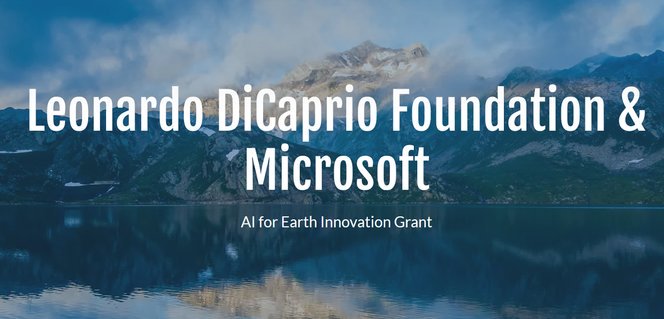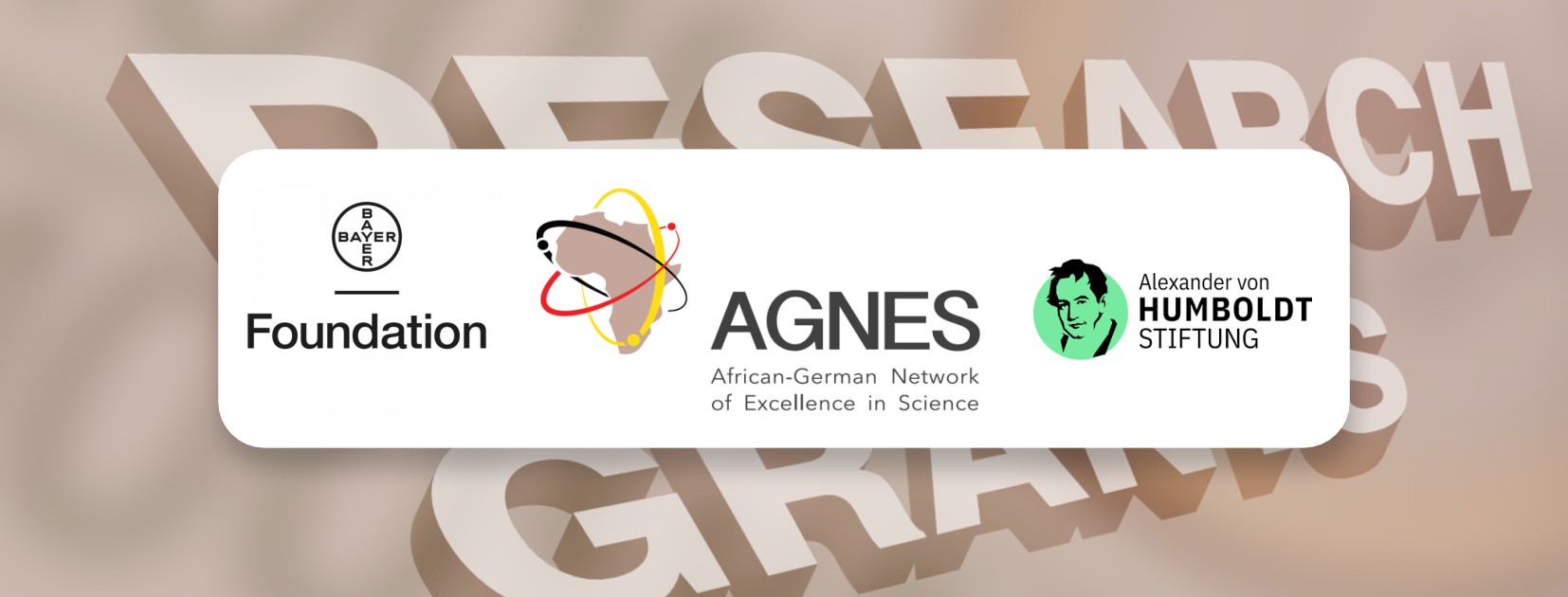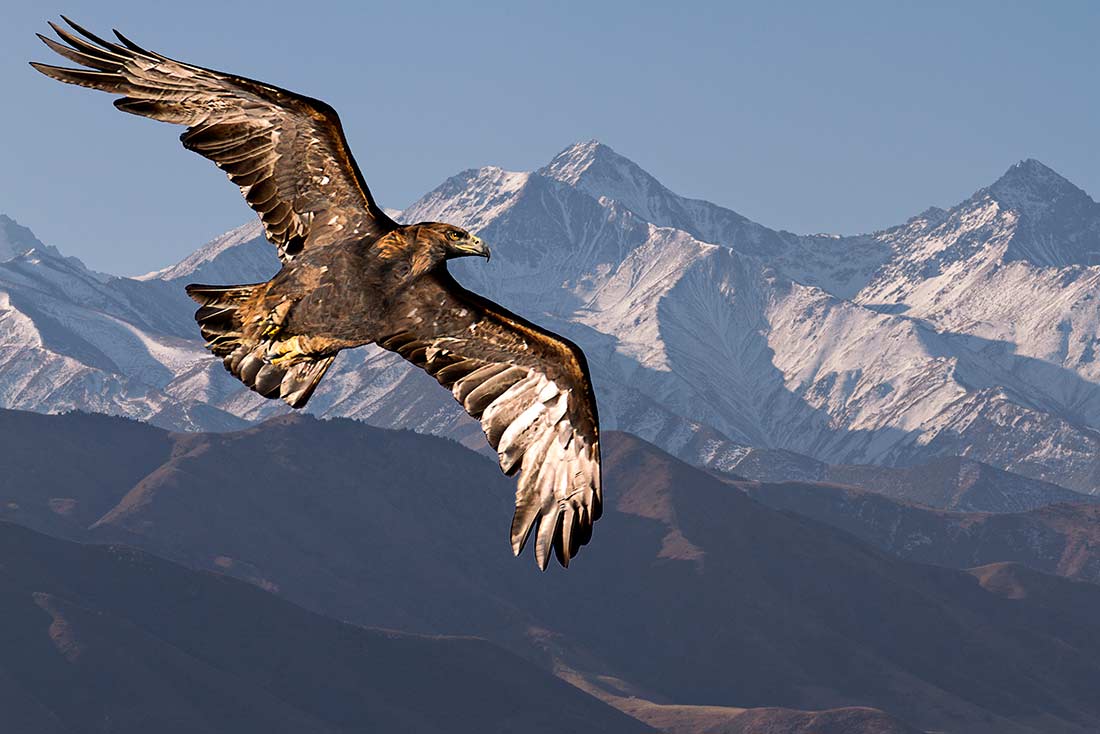
2019 Leonardo DiCaprio Foundation & Microsoft Earth Innovation Grant
Deadline: July 31, 2019.
The Leonardo DiCaprio Foundation (LDF) aims to create a world where both nature and humanity coexist in harmony. Over the past twenty years, LDF has awarded over $100 million in grants, funding 200+ high-impact projects in 50 countries across Asia, the Americas, Africa, the Arctic, Antarctica, and all five oceans.
LDF has achieved this success through active collaboration with a broad network of effective organizations to find and support the best, results-driven projects in the world’s most wild and threatened ecosystems.
CATEGORIES
With the latest IPCC Special Report outlining the level and urgency of broad action required to prevent global temperatures from exceeding 1.5 degrees, they would like to request a call for proposals that can deliver impactful solutions to immediate matters in the following four categories:
· Climate change
· Biodiversity conservation
· Agriculture
· Water
ELIGIBILITY
1. Applicants must be nonprofit organizations or academic institutions.
2. They recommend that the main applicant has a demonstrated background in environmental science and/or technology.
3. They require that at least one member of the team has strong enough technical skills (such as machine learning, statistical data analysis, scientific modeling, software development, and/or remote sensing) to complete the proposed project successfully.
4. They believe great ideas spring from a diversity of experiences, and thus encourage applications from all over the world.
5. Applicants must demonstrate a plan for continued support of the work beyond the grant period.
GRANT
Proposal requests can be up to $100,000, for support over one year only. In addition to financial support, successful proposals will receive free access to AI for Earth API’s, applications, tools, and tutorials, and support for their computational work on Microsoft Azure.
PROJECT REQUIREMENT
All models supported through this grant must be open source, and grant recipients must be willing to share their models for use by other environmental researchers and innovators. More specifically:
(1) Grant recipients must make their solutions available for publication on the AI for Earth website through a designated open source license;
(2) Grant recipients must make the training data on which their solutions are developed publicly available in standard digital format;
(3) Grant recipients must include with their solutions a standard description template, including information on the machine learning data on which the solution was trained, summary statistics about solution performance, example use cases, and a disclaimer about the prototype nature of the solution; and
(4) Grant recipients must implement and deploy their solutions on Microsoft Azure.
OFFICIAL LINK



